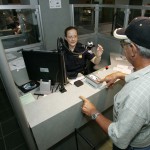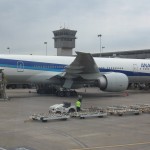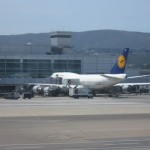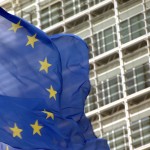DOT keeps false ‘each-way’ airfare ads
The media was full of stories last week about the Department of Transportation’s (DOT) requirement that advertised airfares include all taxes and fees, which goes into effect Jan. 26. But most stories missed the detail that promoting each-way fares “based on a required round-trip purchase” will still be allowed.
This means that a $220 fare you see advertised may not be the actual final price, after all — despite DOT’s much trumpeted pursuit of transparency and consumer protection. In its ruling last April that finalized the new requirements, it only demanded that the fine print be more prominent. “The department is codifying existing enforcement policy, allowing sellers of air transportation to advertise an each-way price that is contingent on a round-trip ticket purchase, so long as the round-trip purchase requirement is clearly and conspicuously disclosed in a location that is prominent and proximate to the advertised fare,” the final ruling said…










